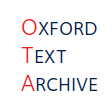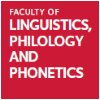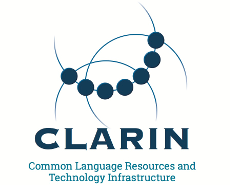This item is
Attribution-NonCommercial-ShareAlike 3.0 Unported (CC BY-NC-SA 3.0)
Publicly Available
and licensed under:Attribution-NonCommercial-ShareAlike 3.0 Unported (CC BY-NC-SA 3.0)
Files for this item
Download all local files for this item (944.96 KB)

- Name
- readme.txt
- Size
- 20.96 KB
- Format
- Text file
- Description
- Version of the work in plain text format
Explanation of the Database for the 1,945 Basic Japanese Kanji (J-1945D) TAMAOKA, Katsuo (Hiroshima University, Japan) KIRSNER, Kim (University of Western Australia, Australia) YANASE, Yushi (Ehime University, Japan) MIYAOKA, Yayoi (Hiroshima University, Japan) KAWAKAMI, Masahiro (Nagoya University, Japan) Produced on May 1, 2000 Address for correspondence: Katsuo Tamaoka, Institute for International Education, Hiroshima University, 1-2, 1-chome, Kagamiyama, Higashi-Hiroshima, Japan 739-8523 Tel: 0824-24-6288 (Office) e-mail: ktamaoka@hiroshima-u.ac.jp Japanese kanji provides a stimulus-rich environment for research focusing on the perceptual and cognitive processes required for reading, memory and language acquisition in general. There are several potentially important differences between the Japanese writing system and other writing systems. The first is that there are three different Japanese scripts: kanji, hiragana and katakana. Kanji de . . .





